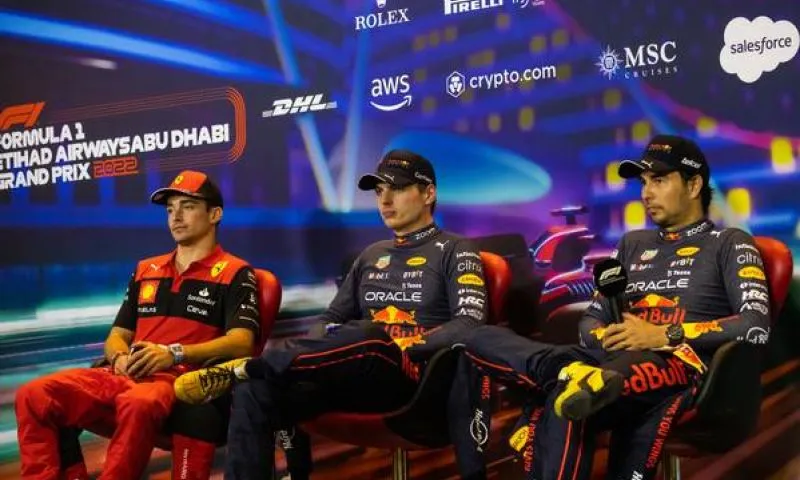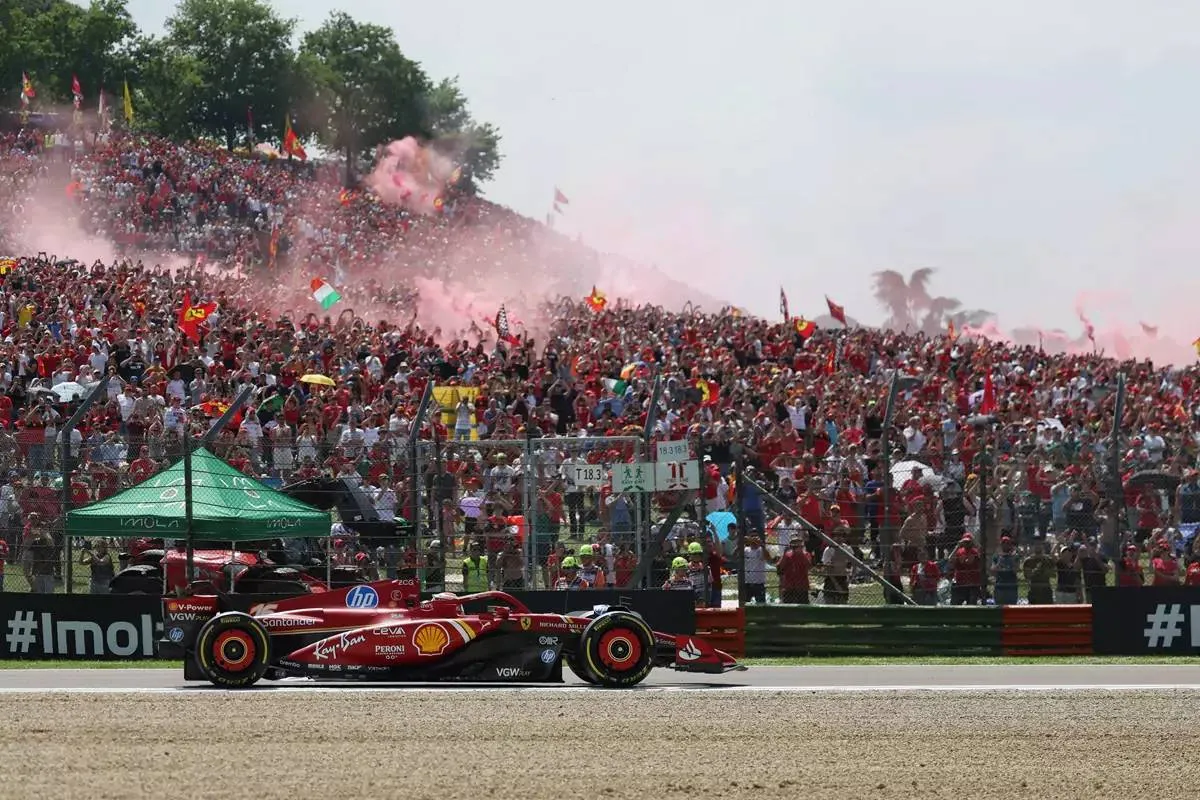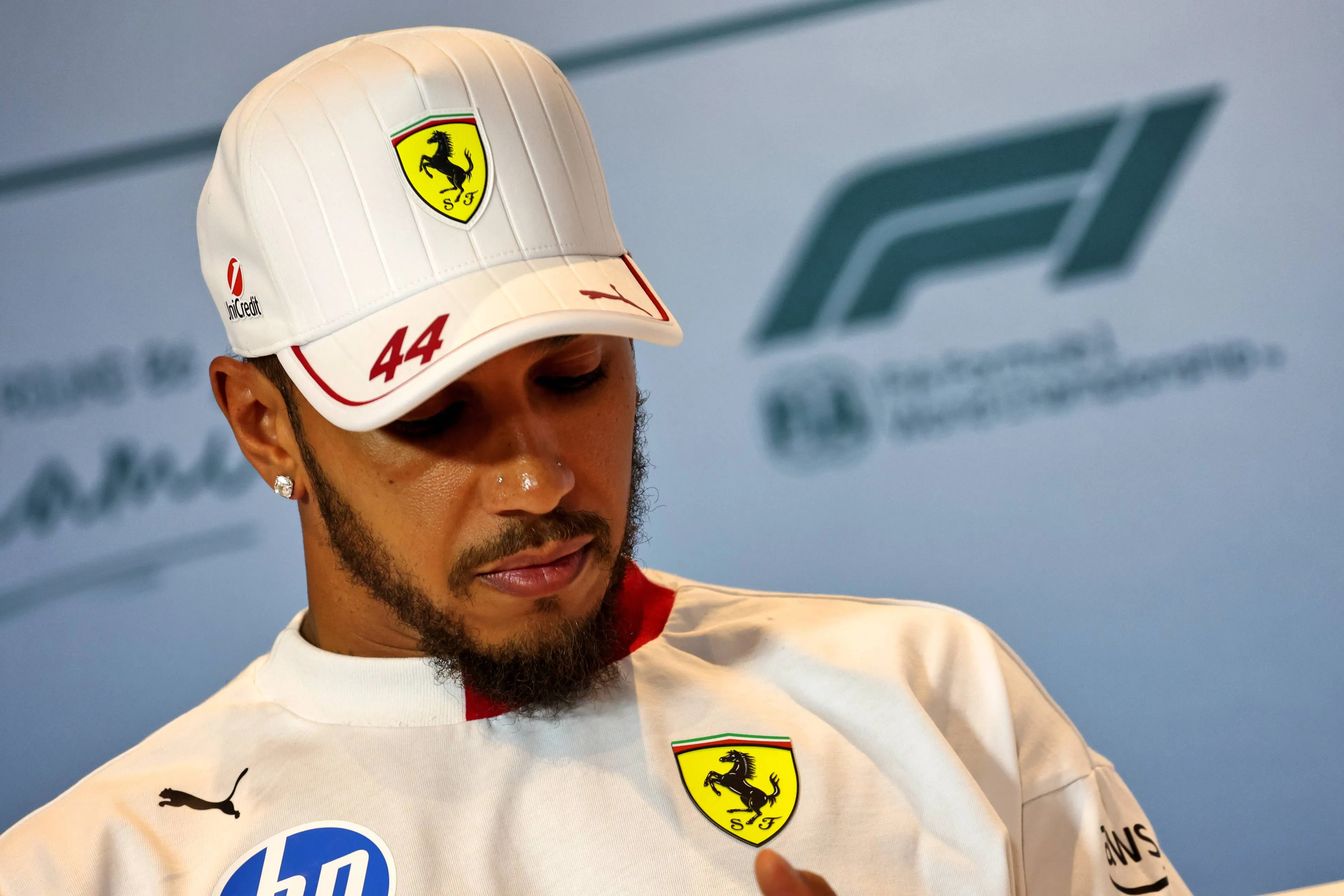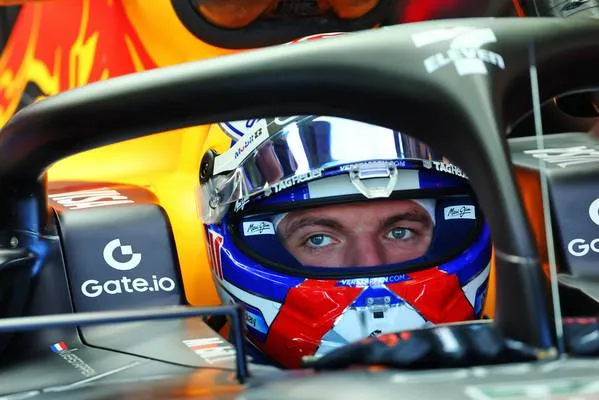Ahead of the Mexico Grand Prix, the FIA finally announced the penalty that Red Bull Racing will receive for exceeding the budget cap. The penalty sets a precedent for future breaches of the cost cap, but is it fair?
After weeks of discussions between Red Bull and the FIA, a decision has finally been reached on the budget cap penalty. Max Verstappen's team exceeded the 2021 cost cap by 0.37 per cent, but errors with tax deductions meant the total ended up being 1.6 per cent. That equates to an amount of £1.9 million.
Red Bull must pay a fine of seven million dollars for the offence. In addition, the team will be hit by a 10 per cent reduction in wind tunnel time over the next 12 months. It remains to be seen how badly Red Bull will actually be hit by this penalty, but at least it will hurt.
With Red Bull's punishment, the FIA has sent a clear message to the other nine teams. Whoever dares to exceed the budget cap in the future will be hit by a hefty penalty. If the FIA wants to remain consistent in future years, other teams that may overspend will have to be punished in the same way as Red Bull. The question is how fair and consistent this actually is.
Fine does not hit everyone the same way
When looking at the $7 million fine payable to the FIA, it immediately becomes clear that it is not a heavy fine for a team like Red Bull. The top team has a lot of money at their disposal anyway, so it won't be a problem for Red Bull to pay that fine. Nor will the money be deducted from the budget cap.
For teams like Mercedes, Ferrari and maybe even McLaren and Alpine, such a hefty fine won't hurt either, should they make the same mistake as Red Bull in the future. However, the fine becomes a bigger problem when looking at the teams at the bottom of the constructors' championship. A Haas or Williams does not have nearly as much money as a Red Bull or Mercedes. Although the chances of a small team like Haas exceeding the budget cap are not very high, a future breach would hurt a lot. The smaller teams will have no choice but to deduct the fine themselves from their budget cap, because they simply do not have a loose seven million dollars ready to go.
Smaller teams are more disadvantaged
In addition, Red Bull's wind tunnel penalty also raises questions. The team gets only seventy per cent wind tunnel time anyway because of winning the constructors' championship, but the ten per cent will be deducted from that percentage. As a result, Red Bull may still spend 63% in the wind tunnel in the coming months, not just sixty percent.
Now suppose Williams are the next team to exceed the budget cap. So with the last place in the championship, ten per cent could be deducted from the 115% the team gets for P10. Williams would then drop from 115% to 103.5%. That's quite a big difference compared to the seven per cent reduction for Red Bull, especially when you consider that such a small team will need all the wind tunnel time to get rid of that last place.
FIA needs to think better about penalties
If the FIA wants to ensure consistency and fairness in the future, a few minor adjustments will still have to be made. For instance, the fine should always be paid from the budget cap, so that it remains fair for all 10 teams. In terms of wind tunnel time, it would be better if the reduction is based on the starting point of 100 per cent, so that every team always loses the same percentage.
Hopefully, the FIA has punished Red Bull severely enough to deter the other teams, but it is no guarantee that no one will exceed the budget cap in the future. If the FIA wants to avoid questions about the fairness and consistency of the punishment, things need to change. After all, it cannot be that the smaller teams with a lot less money are hit harder by the penalty than top teams like Red Bull. However, it would also certainly be unfair to give a lower penalty to, say, a team like Williams just because they have not achieved the same success as the world champion in recent years.
This article was written by Femke Notermans and originally published on the Dutch edition of GPblog
Read more about:
Rumors
Popular on GPBlog

1
Kelly Piquet proudly shares pictures of her two daughters on Mother's Day
889 times read

2
Andretti prefers to see Verstappen without an advantage, and here's why
794 times read
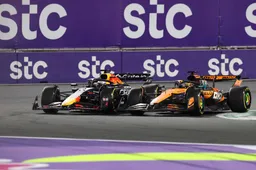
3
McLaren trick to help tyre wear seems tough to replicate for the chasing Mercedes and Red Bull
765 times read
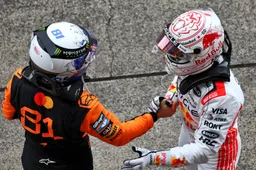
4
Villeneuve claims favoritism for 'golden boy' Piastri over Verstappen by the FIA
581 times read



